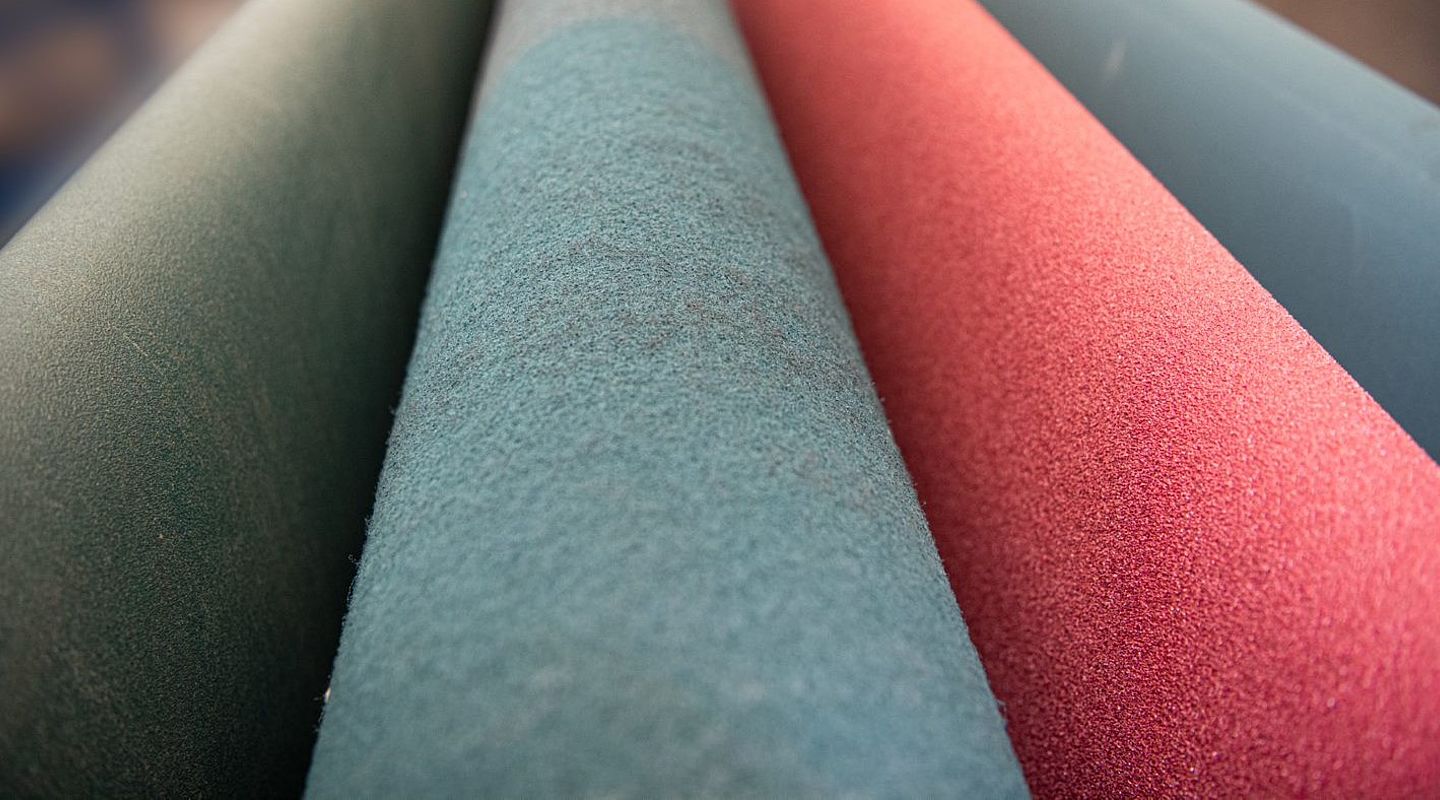Consolidated knowledge.
In order to support you when you choose the right tools for your deburring machine, we have pooled together our knowledge about abrasives for you. So that you will always achieve the best results with your deburring machine. ARKU abrasives and tools are constantly evolving, and in your machine lies dormant potential that we would like to unlock with you.
Grit types.
A typical characteristic of abrasives is the type of grit used. The abrasive grit applied onto the carrier material defines to a large extent the properties of the abrasive. Here are our most popular options in a nutshell.
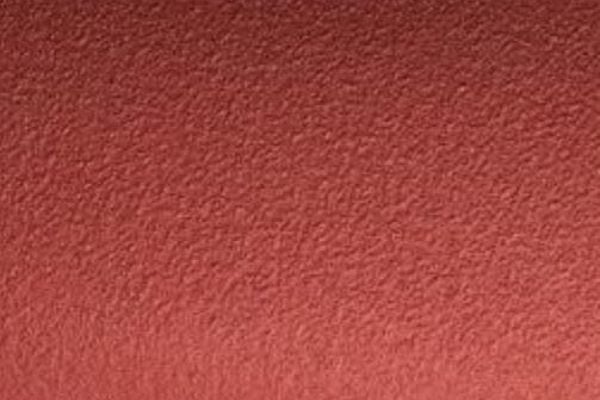
Alumina
Suitable for all materials - hence often used in our universal products.
Other tools - characteristics.
The type of grit is important, but it is only part of the abrasive specification. Other criteria such as the particle size, material or shape impact the characteristics. We will show you in the following table what else we consider when we design our tooling and what benefits this has for you.
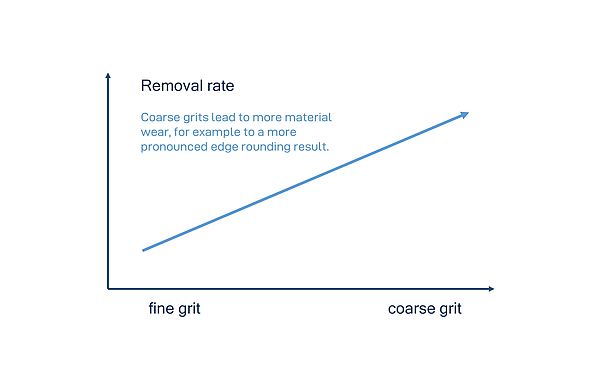
Grit size.
Each type of grit shown above comes in various grit sizes. Typically, particle sizes used in deburring and edge rounding are in the range between 40 and 180. The influence of the grit size on the grinding result is very clear: the smaller the grit size of an abrasive, the stronger and coarser the removal of material. Consequently, smaller grit sizes are chosen for deburring or for stronger edge rounding results. In contrast, a large grit size will remove less material, but leaves a finer surface. Thus grits used for surface processing are greater than 180.
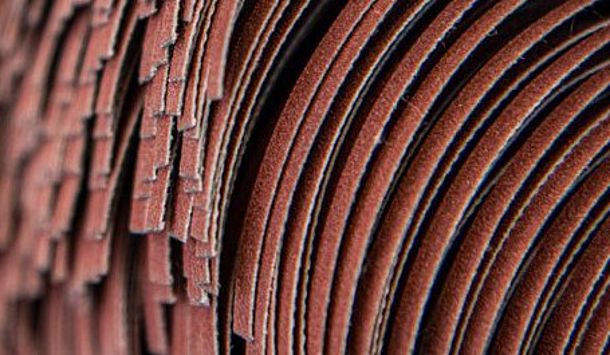
Cloth backing for abrasives.
We use a cloth backing as the carrier medium for the abrasive grit. These are robust and thus more durable than paper which is commonly used in the industry. The flexibility of the abrasive can be adjusted by varying the cloth backing. The combination of grit type, grit size and cloth backing define the individual characteristics of many of our tools. Robust cloth backings are often used for coarse abrasives or thick materials, while we use more flexible cloth backing types for thin sheet metal.
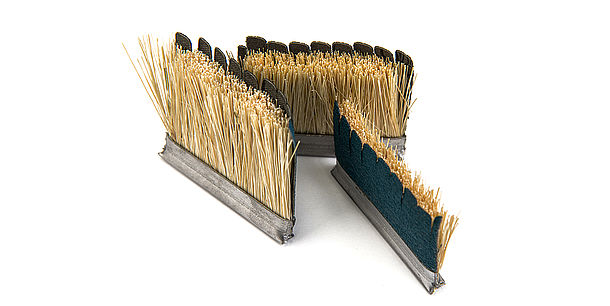
Abrasives shapes.
The shape of the abrasive can impact the operation of the deburring and edge rounding tools. Narrow filaments will act better on the inner contours of sheet metal as wider ones. These perform with a higher removal rate at long edges. Therefore, the strength and shape of the so-called ‘slit’ of the grinding lamellae is what gives a grinding tool the final characteristic. Also, the angle at which the abrasive hits the edges impacts the removal performance.
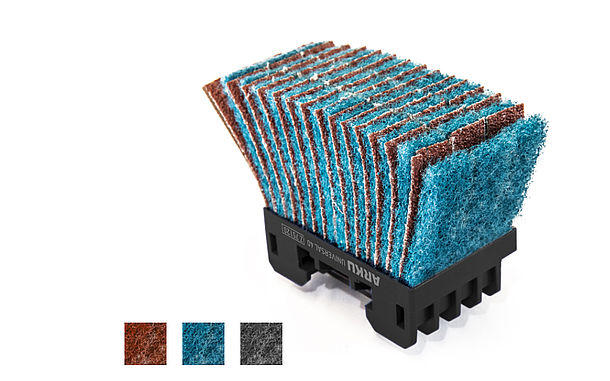
Non-woven abrasives.
Non-woven abrasives are fibers interspersed with abrasive grit. They are primarily used in ARKU edge rounding tools. They deliver removal performance while on the other hand they support the individual abrasive fabrics. For example, in disc tools or edge rounding blocks. Only the combination of suitable non-woven abrasive and abrasive fabric, delivers the tool’s unique characteristic for effectively rounding sheet metal edges.
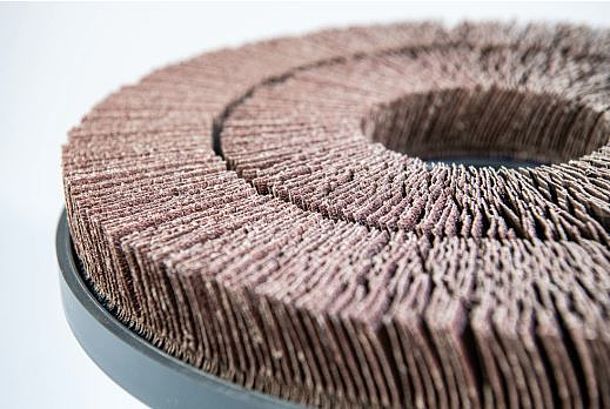
Type of arrangements.
We use the term ‘type of arrangements’ here for different ways the abrasives can be organized in the tool. Major differences occur for example, in single or multi-row disc tools. A multi-row arrangement of the abrasive delivers a more uniform grinding result. Also, the angle or the density of the arrangement can vary. That way, we can deliver tools with the best possible removal performance and the highest processing speeds.
Additional information.
Contacts.

Andreas Hellriegel
Head of Business Development
T: +49 7221 5009-78
Keep up with the leaders: with our newsletter.
Machines in use at customers, practical tips, events and much more: keep up with the news in the ARKU world.
To the registration
Hotline
We are there for you around the clock and seven days a week with our hotline*.
T: +49 180 555 27 58
*Costs: 14 ct./min from German landlines. Calls from mobile networks cost a maximum of 42 ct./min.
Consultation?
You are not sure which machine best suits your requirements? We would be happy to assist you.
